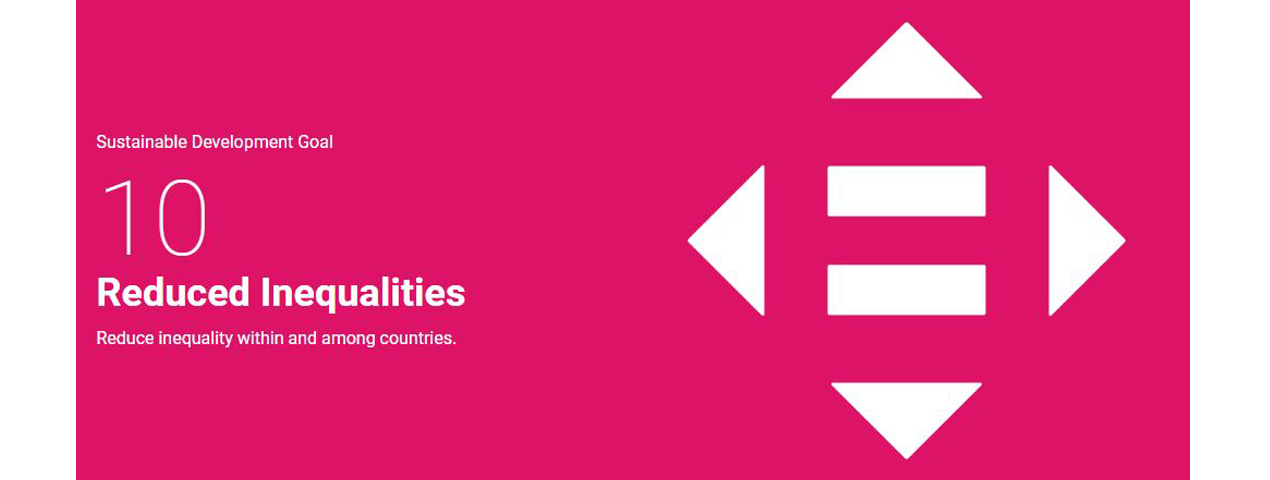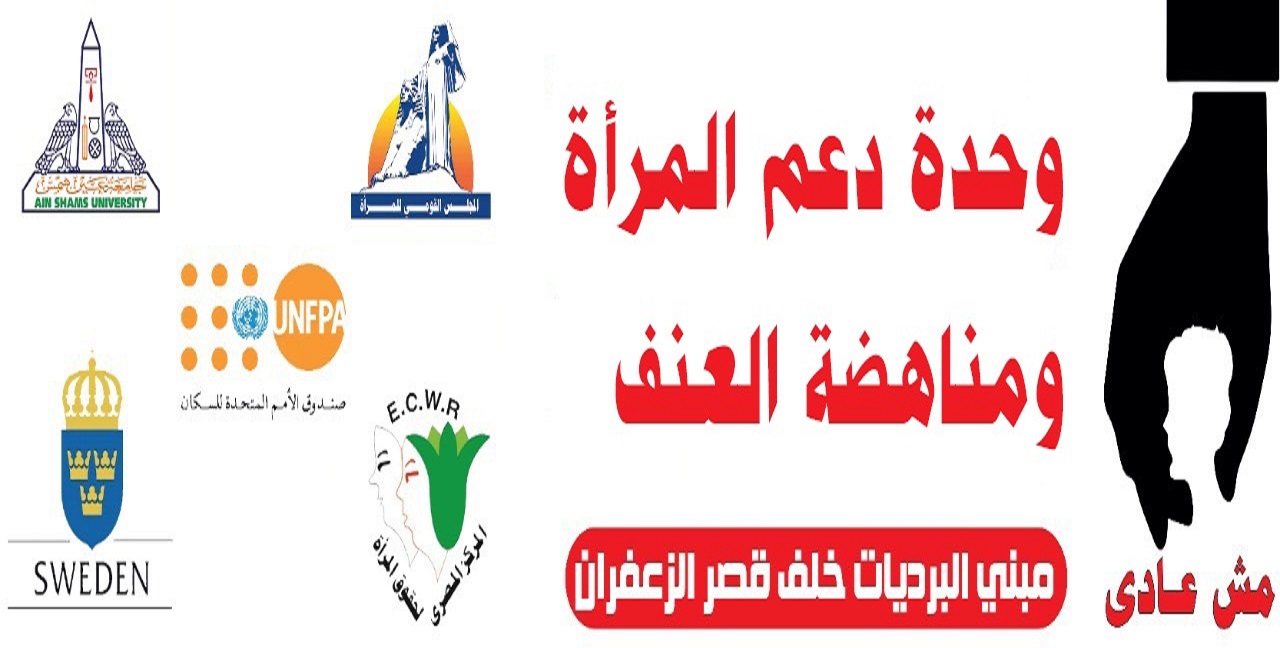
SDG 10 is to: "Reduce income inequality within and among countries". In 73 countries during the period 2012–2017, the bottom 40 per cent of the population saw its incomes grow. Still, in all countries with data, the bottom 40 per cent of the population received less than 25 per cent of the overall income or consumption. Women are more likely to be victims of discrimination than men. Among those with disabilities, 3 in 10 personally experienced discrimination, with higher levels still among women with disabilities. The main grounds of discrimination mentioned by these women was not the disability itself, but religion, ethnicity and sex, pointing to the urgent need for measures to tackle multiple and intersecting forms of discrimination. In 2019, 54 per cent of countries have a comprehensive set of policy measures to facilitate orderly, safe, regular and responsible migration and mobility of people.
The Goal has ten targets to be achieved by 2030. Progress towards targets will be measured by indicators. The first seven targets are "outcome targets": Reduce income inequalities; promote universal social, economic and political inclusion; ensure equal opportunities and end discrimination; adopt fiscal and social policies that promotes equality; improved regulation of global financial markets and institutions; enhanced representation for developing countries in financial institutions; responsible and well-managed migration policies. The other three targets are "means of achievement" targets: Special and differential treatment for developing countries; encourage development assistance and investment in least developed countries; reduce transaction costs for migrant remittances.


.svg)


